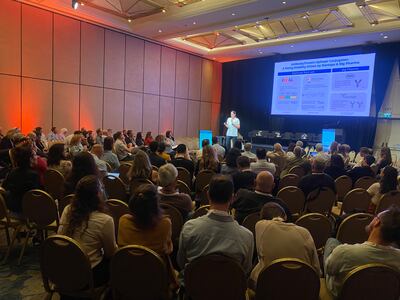Antibody-drug conjugates (ADCs), which pair a chemotherapy agent with a monoclonal antibody using a chemical linker, are designed to target a specific antigen present on the surface of cancer cells. This approach aims to circumvent the fundamental problem with chemotherapies, which is the damage they can do to healthy, noncancerous cells. Chemotherapy’s destruction of healthy cells can trigger a long list of adverse events, from hair loss, fatigue and nausea, to peripheral neuropathy, cognitive disfunction and heart failure.
Research and development of ADCs for cancer is a growing sector of activity; after Wyeth’s (now Pfizer’s) Mylotarg (gemtuzumab ozogamicin)...






